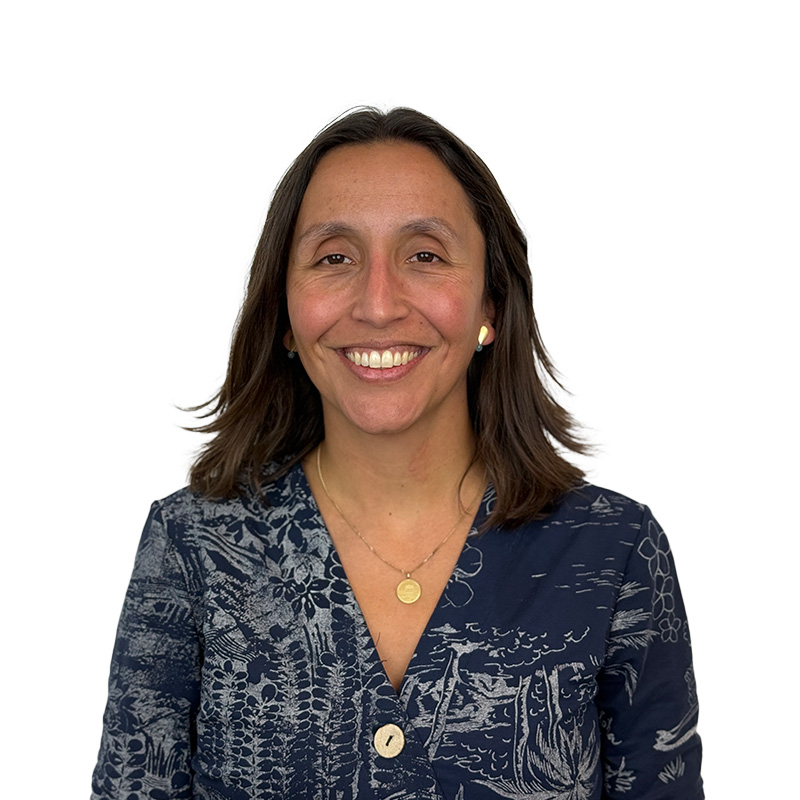Illipe butter, a lesser known yet highly valued ingredient in the cosmetics and skincare industry, originates from the nuts of the Shorea Stenoptera tree, native to the rainforests of Borneo. This butter is prized for its emollient properties, making it a popular choice for beauty products that promise to deeply moisturize and protect the skin. But it's not just the natural benefits that make illipe butter truly special, as we discovered when we followed its pathway back to the source and learned about a supply chain totally committed to ethical and sustainable practices, culminating in Fair for Life (FFL) certification. On our trip, we gained first-hand experience and insights into the importance of FFL certification and how ensuring transparency and ethical practices throughout every step of the supply chain truly benefits people and the planet.

Harvesting Illipe Nuts in Borneo
The story of our journey and that of the Illipe butter starts in the dense rainforests of Borneo, where the Shorea Stenoptera tree thrives. These majestic trees are vital to the ecosystem, providing shade and nourishment to a diverse array of flora and fauna. Local farmers, both men and women, wild harvest the nuts using traditional practices embraced by generations to ensure harmony with the forests surrounding them. Each farmer owns a parcel of land passed down through families, and there are no physical markers. Everyone knows precisely where their land ends and their neighbors begin, which was amazing to witness, so used as we are to seeing fences, hedges, and walls marking boundary limits!
Learning how sustainable practices have historically been at the heart of illipe nut collection, such as selective harvesting and the protection of young trees to maintain the ecological balance of the forest, was fascinating. Farmers pick the ripe nuts from the forest floor once they've fallen naturally, so the trees are untouched. They collect them in hand-woven baskets made from natural materials found in the forest, such as rattan or bamboo, another example of the deep connection the community has with their surroundings and their reliance on its sustainable resources. Non-invasive wild harvesting supports the health and longevity of the forest ecosystem, and collectors always leave a percentage of nuts behind for germination to ensure the future growth of new trees. After harvesting, the nuts are soaked in the forest river stream to soften the hard shell before this is removed by hand. The kernels are then sun-dried to reduce the water content, which helps preserve them during storage and transport.


By continuing these sustainable practices, the local communities protect and conserve their environment and secure a steady income from selling their illipe nuts. With FFL certification, the farmers are guaranteed a fair price for their harvest and receive a premium to invest in community projects, which provide broader socio-economic benefits, such as the community-funded and built micro hydropower system we saw, which uses the natural flow of water from a forest stream to generate electricity for village households - an invaluable resource when the government grid goes down! The certification also guarantees that all workers throughout the supply chain are treated with respect, work in safe conditions and earn a living wage. It is more than just a label; it is a commitment to social and environmental responsibility.
Processing Illipe Butter: From Kernel to Butter
After drying, the kernels are cold pressed using a mechanical expeller to extract the butter. This method helps preserve the natural skin-nourishing nutrients, fatty acids, and protective antioxidants, which the cosmetics industry values so highly. Our LIPEX® IllipeSoft™ butter undergoes further specialized processing at AAK to optimize the melting and crystallization properties, making it a unique, highly functional ingredient for the cosmetics market. Carrying the FFL certification is an additional benefit and a powerful marketing tool for brands looking to substantiate the sustainability credentials of their products. Beauty consumers are becoming increasingly aware of the impact of their purchasing decisions, and many are actively seeking out products labelled as ethically sourced and produced. AAK collaborates closely with all stakeholders and considers long-term impact to build stronger relationships with our suppliers. Working together, we can create a more transparent and sustainable supply chain, which benefits everyone involved.
The End of our Journey but not the Story
The journey of Illipe butter from the rainforests of Borneo to the shelves of high-end retailers is a testament to the power of ethical and sustainable practices and an example of how we are making better happen in beauty. Our FFL certified illipe supply chain is also an example of our unwavering and long-standing commitment to 100% deforestation-free and conversion-free supply chains, a goal we are on track to achieve by 2025. FFL certification supports sustainable economic activities that align with the conservation of Borneo's rainforests by promoting ethical harvesting practices, empowering local communities, and ensuring that environmental guidelines are followed. It is a certification system that helps balance economic development with ecological preservation, and we were privileged and impressed to see the benefits up close and in person on our trip.
Interested to find out more about LIPEX® IllipeSoft™ FFL, our illipe butter that has
been interesterified to optimize its crystallization profile, ensuring easy formulating and upscaling.





